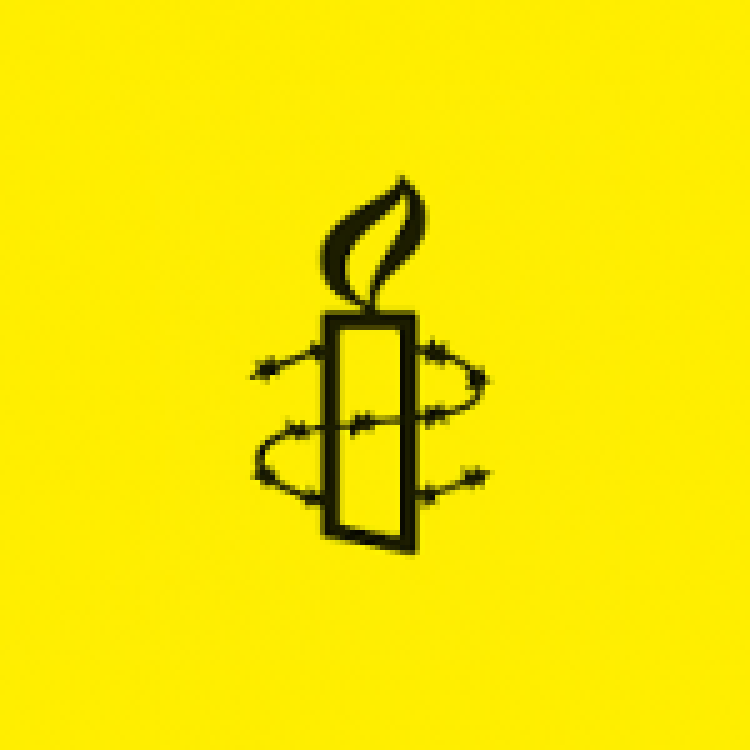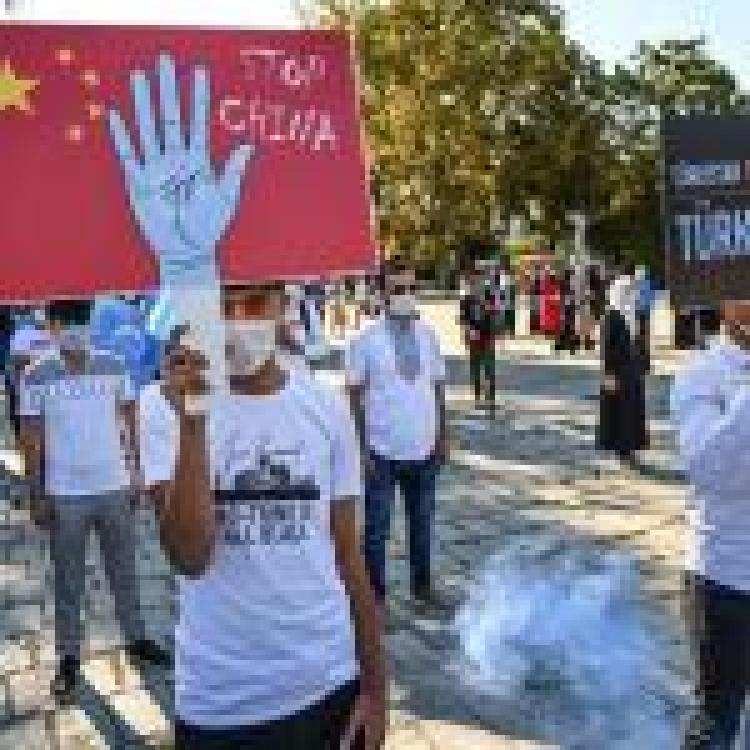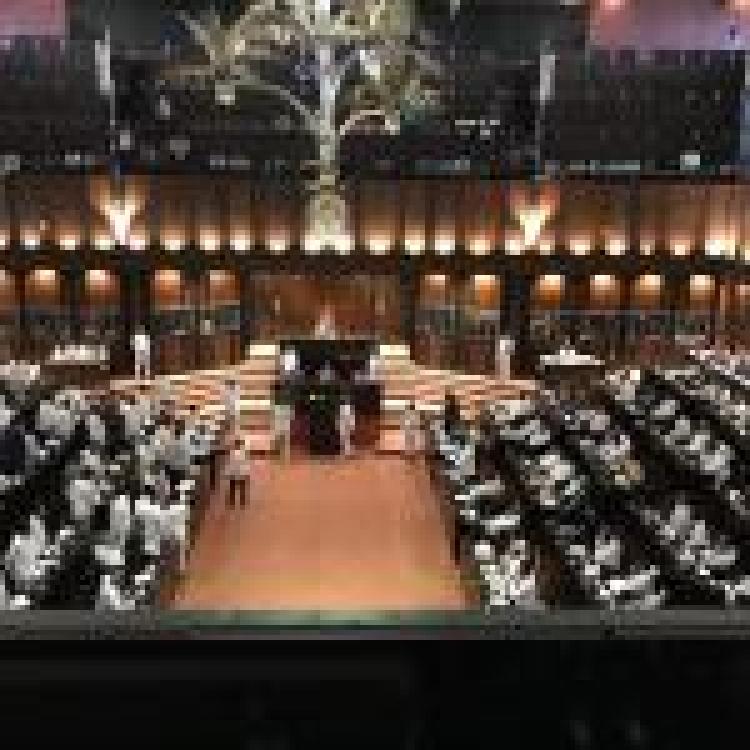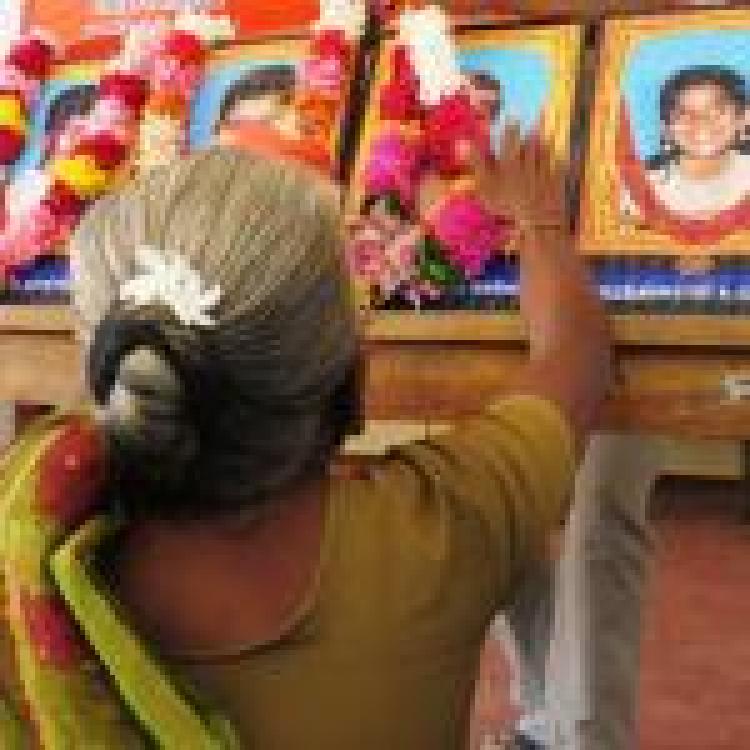![]()
As Sri Lanka announces yet another internal inquiry ahead of the UNHRC session, this time investigating all previous human rights commissions and committees previously established, Human Rights Watch (HRW) criticises the government’s “disingenuous attempt to avert urgently needed international action”.
In their statement, HRW maintains that the UNHRC must “adopts a new resolution to ensure continued monitoring, as well as the collection, analysis, and preservation of evidence for future prosecutions”. They further call on member states to support such efforts and not be swayed by “false promises” by the Sri Lankan government.
False promises
HRW has noted Sri Lanka’s consistent failure to deliver on transitional justice and use of at least a dozen domestic commissions of inquiry “to forestall international pressure on human rights”.
The finding of these commissions often go unpublished and recommendations are never implemented. As HRW notes, none of these commissions have “led to prosecutions, or helped families trace missing relatives”.
“International observers, UN experts, and the UN high commissioner for human rights have repeatedly highlighted deep systemic problems in Sri Lanka’s judicial processes” HRW adds.
Fear has returned
Since coming to office Gotabaya Rajapaksa has rapidly reversed the little progress made by previous administrations, and last February announced that the government would no longer honour its commitments to the UN Council’s resolution.
HRW highlights that as Defence Secretary during the final stages of the armed conflict, “Rajapaksa is implicated in many of the worst abuses”. They further highlight that he has since “appointed alleged perpetrators to senior positions, and even pardoned one of the few soldiers ever jailed for killing civilians”.
Noting the deteriorating human rights situation in Sri Lanka they state;
“Fear has returned to Sri Lanka as victims of past abuses, activists, journalists, lawyers, and even police investigators and are silenced. Rajapaska’s government has persecuted vulnerable minorities, and this month it demolished a monument to Tamil civilian victims of the war”.
Read the full statement here.








